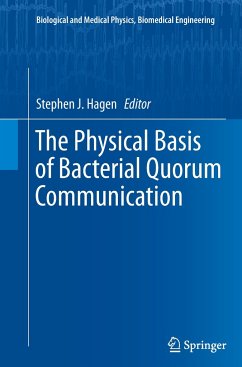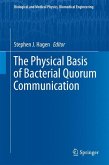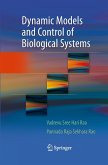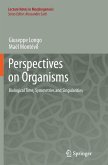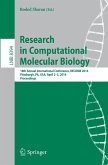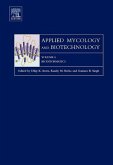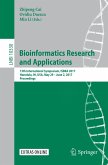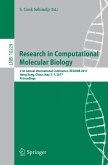Quorum sensing (QS) describes a chemical communication behavior that is nearly universal among bacteria. Individual cells release a diffusible small molecule (an autoinducer) into their environment. A high concentration of this autoinducer serves as a signal of high population density, triggering new patterns of gene expression throughout the population. However QS is often much more complex than this simple census-taking behavior. Many QS bacteria produce and detect multiple autoinducers, which generate quorum signal cross talk with each other and with other bacterial species. QS gene regulatory networks respond to a range of physiological and environmental inputs in addition to autoinducer signals. While a host of individual QS systems have been characterized in great molecular and chemical detail, quorum communication raises many fundamental quantitative problems which are increasingly attracting the attention of physical scientists and mathematicians. Key questions include: What kinds of information can a bacterium gather about its environment through QS? What physical principles ultimately constrain the efficacy of diffusion-based communication? How do QS regulatory networks maximize information throughput while minimizing undesirable noise and cross talk? How does QS function in complex, spatially structured environments such as biofilms? Previous books and reviews have focused on the microbiology and biochemistry of QS. With contributions by leading scientists and mathematicians working in the field of physical biology, this volume examines the interplay of diffusion and signaling, collective and coupled dynamics of gene regulation, and spatiotemporal QS phenomena. Chapters will describe experimental studies of QS in natural and engineered or microfabricated bacterial environments, as well as modeling of QS on length scales spanning from the molecular to macroscopic. The book aims to educate physical scientists and quantitative-orientedbiologists on the application of physics-based experiment and analysis, together with appropriate modeling, in the understanding and interpretation of the pervasive phenomenon of microbial quorum communication.
Bitte wählen Sie Ihr Anliegen aus.
Rechnungen
Retourenschein anfordern
Bestellstatus
Storno

